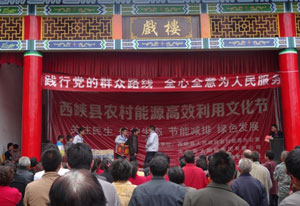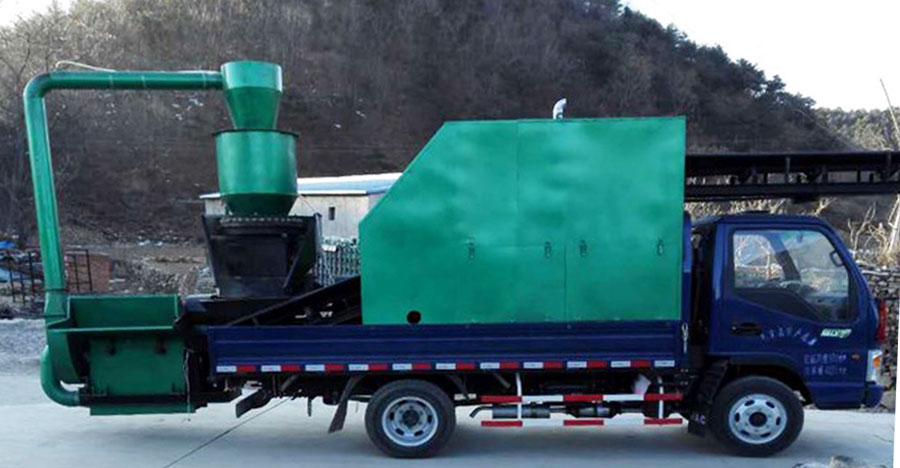Increased Sales and Marketing Mark Progress on Pilot Projects in China
In collaboration with China’s Ministry of Agriculture (MOA), the Alliance convened a mid-term progress meeting in March to discuss progress and expected impacts of seven pilot projects launched across China in September.
Meeting with MOA officials, stove and fuel producers and distributors, and other stakeholders, representatives from each province where a pilot project operates reported the current status of the project and discussed feedback and next steps.
Each pilot project has different intervention strategies, but they all have one same overarching goal which is to explore a more sustainable approach – less subsidy dependent, more market-driven – when promoting clean cookstoves and fuels.

For example, in Gansu province, Western China, a project-supported local manufacturer Hengxin Stove has launched an Award and Exchange marketing program as part of efforts to support innovative marketing and distribution efforts. Consumers can trade-in old and inefficient stoves for a newly-designed product at zero cost or with a small fee depending on value appraisal of the old stove. The first 10 participants in a village for this program will get a Clean Cookstove Household Award plate as an additional incentive. The other local leading manufacturer Lanzhou Huaneng is expanding and realigning its distribution model. In a move to become less dependent on government subsidies, they have launched a pilot distribution program called “the Environmental Protection Ambassadors”. As motivation to generate sales for the company they offer a bundle of three stoves to selected villagers to be the company’s “Ambassadors.” These individuals will be recruited by Huaneng’s agents and will sign a contract with an annual sales target. The program is still in a pilot phase, but can be duplicated at a larger scale if succeeded
Turning Logs into Briquettes
In Henan province, a local startup supported by the project is turning mushroom wood logs into briquettes to fuel built-in stoves and improved biomass heating stoves. At the pilot county, mushroom plantations are the primary income generation activity. There are 1 million kg waste wood logs that are used to cultivate mushrooms each year. The Alliance pilot strategy in this county was to collect these biomass waste and help start a local business run by villagers to produce wood log briquettes. Cookstove consumers can send in waste wood logs in return for briquettes, or pay a small process fees for more briquettes, or purchase briquettes at a lower rate. Supply of this cleaner fuel can drive more adoption of stoves too. Innovative marketing interventions were also launched in this pilot. The local government and producer used a Reward Program – lucky draw – to those purchased a new stove or briquettes.
In Hebei province, the pilot project is supporting a technology innovation – mobile pelletizer. A prototype has been designed and manufactured and has been working well. With a mobile pelletizer, the producer can save time and collection and storage costs by collecting and pelletizing at the same time.
In Hubei province, the pilot project is participating in efforts to reduce carbon emissions. The local government and manufacturer are working on applying Chinese carbon credits, which will be the first clean cookstove project registered in Chinese carbon market scheme if succeeded.
All seven pilot projects are scheduled to be completed by July 2016 and a final stakeholder meeting will be convened by Alliance and MOA in September during the G20 Leaders Summit to share results and lessons learned and demonstrate the impacts.

